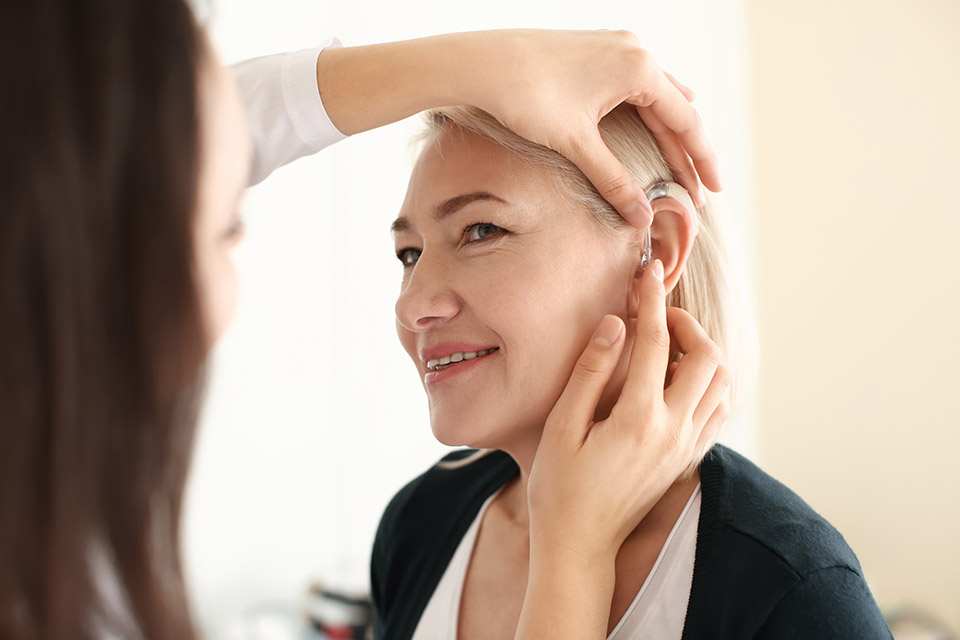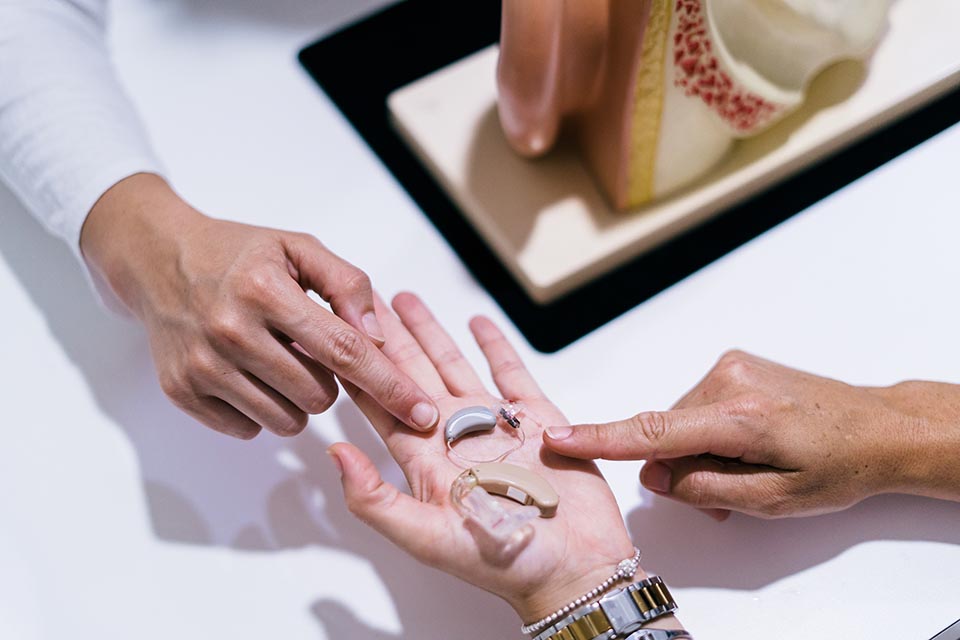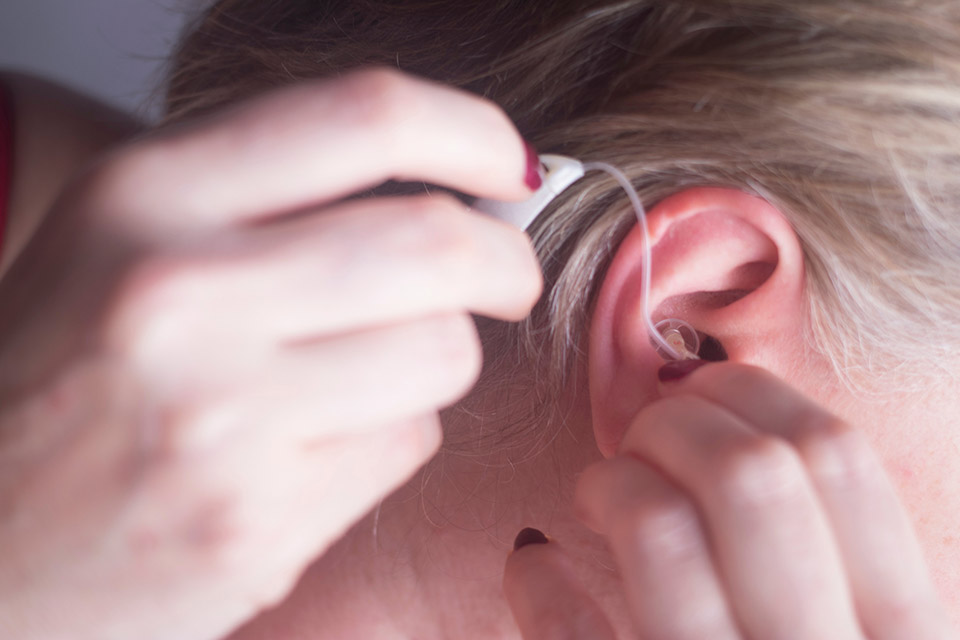In 2017, the Food and Drug Administration (FDA) released a proposal to allow certain hearing aids to be sold over-the-counter (OTC) without a prescription and without a hearing evaluation. The purpose of the bill was to increase access and lower the costs of getting hearing help. On August 16th, 2022, the FDA released their final […]
Read More… from Should You Buy Over-The-Counter Hearings Aids Online After The FDA’s Ruling?











